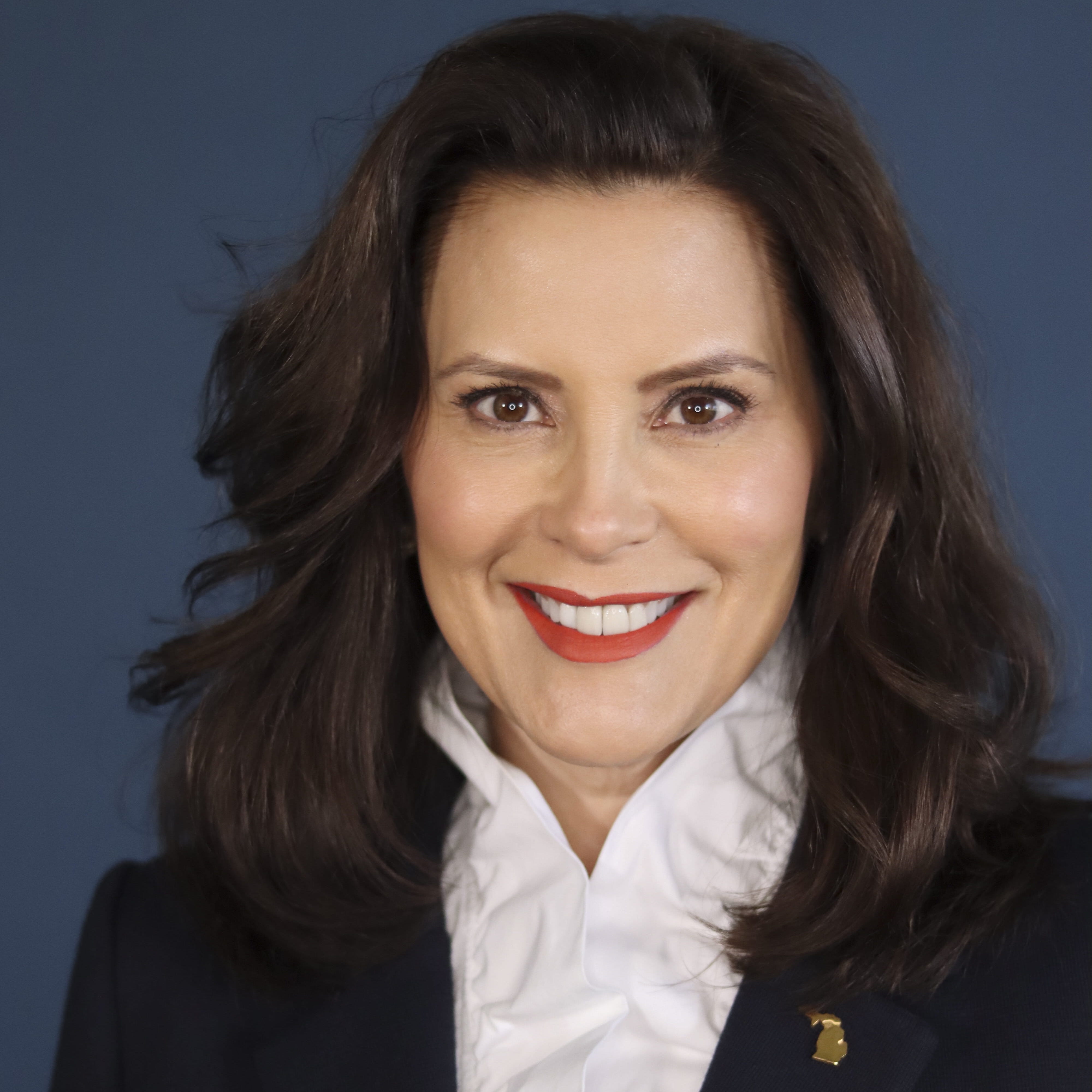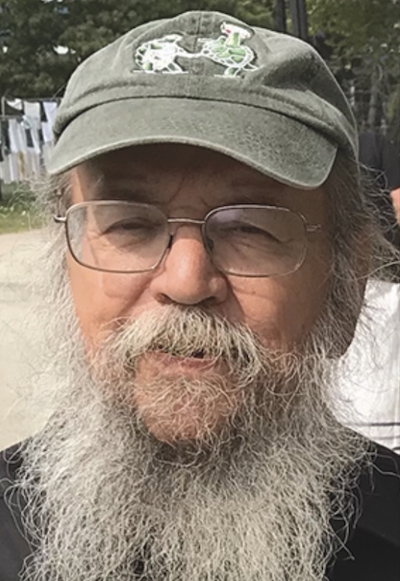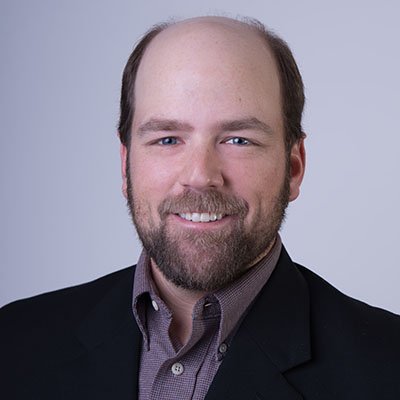LANSING, Mich. — Gov. Gretchen Whitmer finds herself in a “particularly unworkable” situation regarding two American Indian tribes in West Michigan.

The U.S. Department of the Interior — the agency that oversees most federal activities in Indian Country — set a June 16, 2022 deadline for Whitmer to decide whether to support the Little River Band of Ottawa Indians’ plans for an off-reservation casino at the former Great Lakes Downs horse track in Fruitport Township near Muskegon.
Whitmer’s decision is part of a “two-part concurrence” process that requires both the Interior Department and a state governor to approve a tribe’s pursuit of off-reservation gaming. In this case, the Little River Band hopes to build its new casino on land that’s located outside the tribe’s historical territory in Michigan’s Manistee and Mason counties.
The decision for Whitmer became complicated last month when the Interior Department announced that the Office of Federal Acknowledgement was once again actively considering a petition by the state-recognized Grand River Bands of Ottawa Indians to gain federal recognition.
In an April 15 letter, the Office of Federal Acknowledgement (OFA) Director R. Lee Fleming told the Grand River Bands that the agency has 180 days, or until Oct. 12, 2022, to issue a proposed finding on the tribe’s petition.
The decision by OFA will ultimately determine whether the federal government formally recognizes the tribe that historically lived along the Grand River and other waterways in present-day Western Michigan cities including Grand Rapids and Muskegon.
While both tribes have been working on their respective requests for years, the timing of the two deadlines presents Whitmer with a challenge, which she outlined this week in a letter to Interior Secretary Deb Haaland.
“My concurrence with the Little River Band’s two-part determination could frustrate the Grand River Bands, which may wish to open their own gaming facility on tribal lands not far from Fruitport Township,” Whitmer wrote in the letter. “Yet DOI has not provided any information on how likely it is that the Grand River Bands will be acknowledged. DOI is currently scheduled to issue a proposed finding on or before October 12, 2022—four months too late to enable an informed decision about whether to concur with the Little River Band’s two-part determination.”
Telling Haaland that “this timeline is not of my choosing,” Whitmer pressed the Interior Department to either issue the proposed finding on the Grand River Bands’ petition by June 1, or extend the concurrence deadline in the Little River Band of Ottawa Indians “until after DOI has issued a preliminary decision on the Grand River Bands.”
“This is a problem of DOI’s making, and it is a problem that DOI must solve,” Whitmer wrote.
The situation has laid bare a rift between the state-recognized Grand River Bands, which has had a relationship with the U.S. government dating back to 1795 with the Treaty of Greenville, and the federally recognized Little River Band. The two Ottawa tribes share common lineage, with the Little River Band descending from certain bands of the historic Grand River Bands.
 Ron Yob, chairman of Grand River Bands of Ottawa Indians. (Courtesy photo)In a statement today, the Grand River Bands’ tribal chairman, Ron Yob, took issue with Little River Band “attempting to pressure the Governor to give away some of our homelands in order to build an off-reservation casino on the treaty lands of our Tribe.
Ron Yob, chairman of Grand River Bands of Ottawa Indians. (Courtesy photo)In a statement today, the Grand River Bands’ tribal chairman, Ron Yob, took issue with Little River Band “attempting to pressure the Governor to give away some of our homelands in order to build an off-reservation casino on the treaty lands of our Tribe.
“This is morally wrong and unjust, and we call on Governor Whitmer to reject this cynical effort,” Yob said in a statement.
In a phone interview today, Chairman Yob likened Little River Band’s proposed casino in the Grand River Bands’ historical lands as “cutting out” his tribe’s economic potential should it succeed in finally gaining federal recognition, a process that’s carried on for more than 27 years.
“It would create another entity that’s seeking to do economic development,” Yob said of Little River Band’s proposal. “It’s cutting out the Grand River Bands in itself from even getting its roots in. We’ve always claimed that territory and Little River hasn’t. Now, they want to expand themselves to it.
“We have a lot of members in that area and it’s like shutting the door on them before they even had a chance to knock on it.”
In Indian Country, tribes that have gaming enterprises are very protective of those economic engines. Casinos are one of the few lucrative opportunities that tribes have to flex their sovereignty and create economic prosperity for their people.
That protective instinct has flared up since Little River Band first proposed the Fruitport Township casino more than a decade ago. The tribes behind Soaring Eagle Casino and Resort, Firekeepers Casino Hotel and Gun Lake Casino opposed the plans, leading to delays in the federal approval process.
A spokesperson for Larry Romanelli, the elected ogema of the Little River Band, acknowledged a request for comment, but did not respond by the time this report was published. The tribe put out a statement today highlighting the bipartisan support behind its proposed casino and the potential to create 3,000 jobs “with the Governor’s sign-off.”
While Grand River Bands was linked to a 2007 proposal from the Archimedes Group for a large-scale casino development in downtown Muskegon, Yob acknowledges that the tribe has yet to take up a formal position on whether it would pursue developing a casino if it is successful in the federal recognition process.
“That’s really going to be a membership thing and not my (decision). I’ll do what their wishes are,” he said, likening talk of a casino before having federal recognition to “going out and shopping for a new car when you don’t even have a driver’s license.”
“My focus has been to stay on reaffirming the status of our tribe. My whole thing initially is to create opportunities for tribal members to have the same status as the other federally recognized tribes. Casinos are just a short piece of that,” Yob added. “There’s treaty issues, there’s repatriation issues, there’s educational issues, health care issues, a lot of COVID (related) things. Other tribes have gotten millions of dollars and our people have been left to do what they can. We don’t get that relief.”
Yob is referring to the financial support that the federal government is responsible to provide as part of its trust responsibility to federally recognized tribes. State-recognized tribes do not receive financial support from the federal government.
It’s unknown whether the Interior Department will act on Whitmer’s request. A spokesperson for the department declined to comment on the “private correspondence.”
However, if Grand River Bands’ experience is any guide, Whitmer might be forced to make a decision on her own. The department never responded to requests to act on the tribe’s petition sent by a host of federal lawmakers, including Michigan’s U.S. Senators, Debbie Stabenow and Gary Peters, as well as U.S. Rep. Bill Huizenga, who represents part of the tribe’s district, and U.S. Rep. Raúl M. Grijalva, the chair of the House Natural Resources Committee, which includes the Subcommittee on Indigenous Peoples of the United States and has purview over Indian Country matters.
For her part, Whitmer seems to acknowledge the precarious position she’s in because of the federal agency’s actions.
“I am acutely aware of the importance of this decision to the Tribe, to the local community, to State-Tribal relations, and to the State of Michigan,” Whitmer wrote in the letter to Secretary Haaland. “Given this, it is critical that we have this information available to enable us to properly weigh the various considerations and accurately assess the impact and consequences of this decision.”
--
EDITOR’S NOTE: This story has been updated from its original form.
